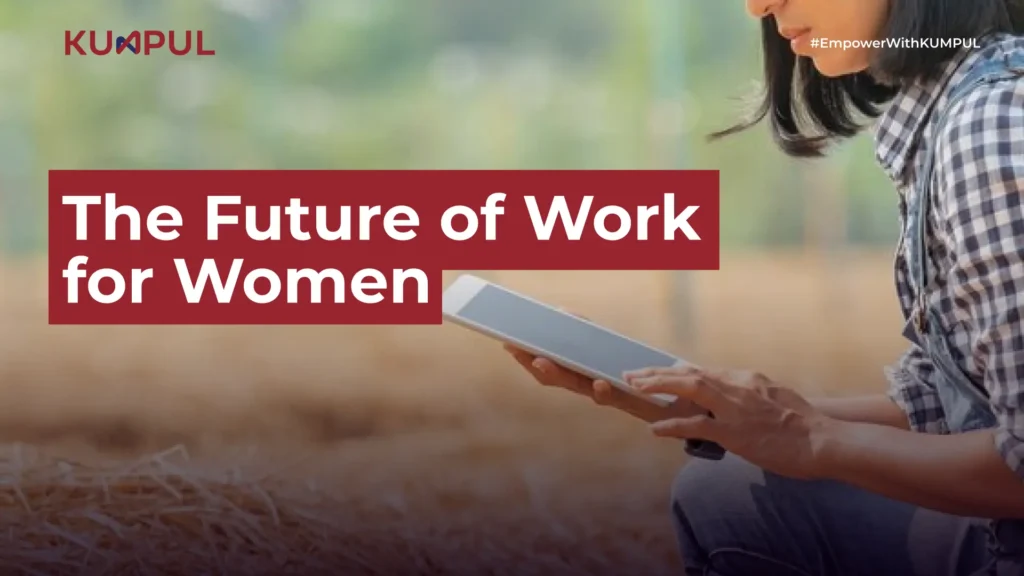By 2050, it is estimated that 75 percent of future jobs will be in Science, Technology, Engineering, and Mathematics (STEM) fields (UNESCO, 2018). However, despite their potential, women are still underrepresented in the STEM sectors. Indonesia is experiencing a digital revolution, and women are poised to play a pivotal role in shaping its future.
The tech industry in Indonesia is booming, yet there is still a gap in digital literacy between men and women in Indonesia. According to Katadata Insight Center (2023), men hold 3,56 points in digital literacy index score, while women hold 3,52 points. Data from the International Labour Organization shows that only 28 per cent of women work in the Information Communication Technology (ICT) sector. This underrepresentation extends to leadership positions, with women constituting a small minority of CEOs and executives.
A similar trend exists in the broader business landscape. While women own many businesses in Indonesia, they often focus on smaller and informal sectors, with 64.5 percent of Micro, Small and Medium. Enterprises (MSMEs) in Indonesia are owned by women. However, their impact could be significantly amplified with greater access to resources and opportunities in the digital sphere. A research by UN Women and UN Global Pulse Asia Pacific explained how digitalization helped women-owned micro and small businesses cope during the pandemic, further proving this point.
Several factors contribute to the underrepresentation of women in tech and business. Societal norms (such as gender bias in the workplace and traditional and cultural beliefs about what women and girls can do and what they can aspire to) can discourage women from pursuing STEM education and careers. Additionally, discrimination in hiring practices and a lack of female role models can further hinder their progress.

As we stand at a crossroads on the existing disparities, UN Women shares three recommendations to promote the participation of women and girls in the STEM sector:
1. Close All Gaps in Digital
Technology is evolving and Indonesian women should be able to benefit from digitalization. Beyond bridging access gaps, addressing factors like online safety and digital skills and literacy will promote meaningful participation of women and girls in the digital era. To bridge this gap, we need to work together to create a safer and more accessible Internet space, as well as provide access to digital literacy programmes for women and girls.
2. Empower Support for Women in STEM
Women remain a minority in both education and careers in STEM, representing only 28 percent of engineering graduates and 22 percent of artificial intelligence workers globally, according to a 2021 UNESCO report. This underrepresentation of women in STEM limits their influence on technology development, research funding, and policy decisions.
Gender stereotypes prevent many girls and women from taking up and choosing careers in STEM. In addition, Women who enter STEM careers face a challenging environment. Women in tech often earn less than men and get promoted at a much slower rate, and a significant number of them consider leaving the field altogether due to a lack of support.
To respond to these challenges, policies, and programs need to eliminate gender stereotypes through education, change social norms, and promote positive role models. Furthermore, we must focus on targeted reskilling and upskilling programs, and expanded labor regulations to help women stay competitive in the changing world of work.
3. Empower Techs That Meet the Needs of Women
Women make up a significant portion of the world’s population. Yet, their needs are often overlooked in the design and development of technology, resulting in products and services with inherent bias, impacting the user experience and reinforcing inequalities.
By centering the voices of women and marginalized and vulnerable groups when developing new technologies, it will ensure that the technological products and services cater to a broader range of users.
Prioritizing inclusivity and ethical development will help businesses create technology that benefits everyone. This fosters a more equitable digital future and unlocks the full innovation potential for all.

These recommendations aligned with the KUMPUL. ID’s value to empower more women. Through SheHacks, in collaboration with Indosat Ooredoo Hutchison and supported by UN Women, KUMPUL.ID has supported over 17,200 women with self-learning platforms and mentorship. These initiatives support women in achieving growth and provide them with the needs to go beyond through talent and entrepreneurship programs, mentorship, and access to our ecosystem networks.
Indonesia’s future for women is bright, and women have a crucial role in shaping its digital landscape by addressing the existing challenges, fostering a culture of empowerment, and promoting women-focused accelerator programs, KUMPUL.ID invites all ecosystem players to be part of this endeavor, unlocking the vast potential of women in tech and business. This will ensure a more equitable and diverse workforce and contribute significantly to Indonesia’s economic prosperity and technological advancements.
Let’s collaborate with KUMPUL.ID and connect with us to empower more women and girls in Indonesia.


